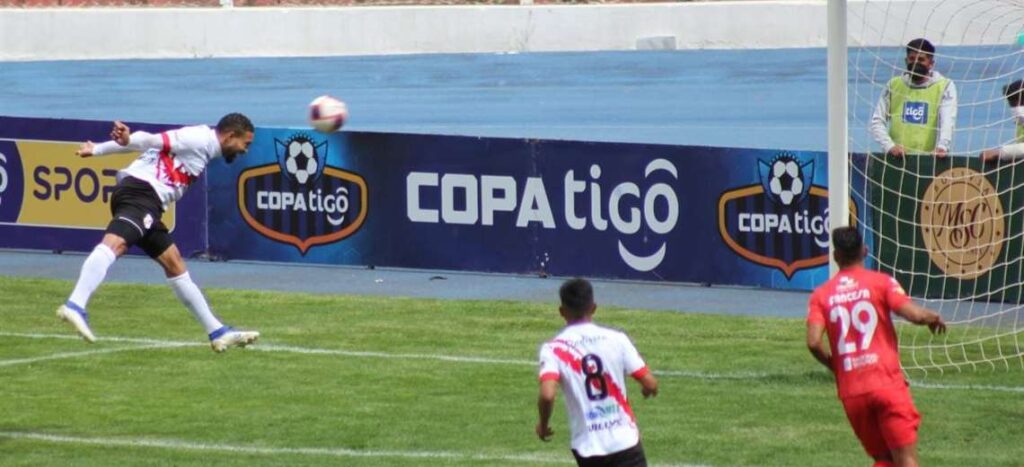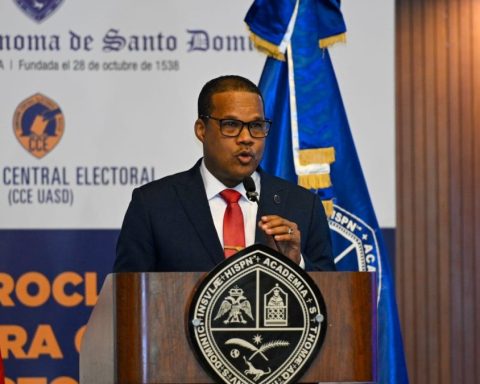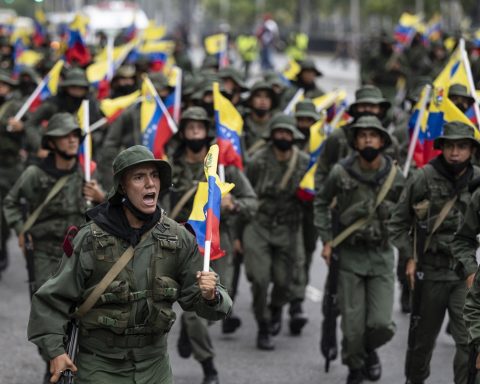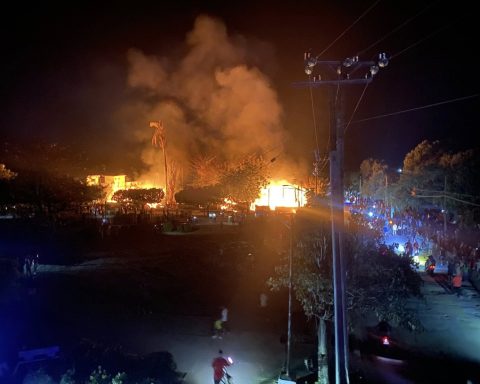The West has so far failed to agree on extreme sanctions against Russia for the invasion of Ukraine, refusing to exclude it from the swift banking systemmainly due to the fears of several European countries for their energy supply.
European leaders, meeting this Friday at the Brussels summit, they did not decide on any measures to block Russian banks of this international payments interface, an essential mechanism of global finance.
The Society for World Interbank Financial Telecommunication, better known by its acronym Swift, is a cooperative of financial companies, mainly banks, to which it provides services.
If the Russian financial entities were left out of the system, their banking operations would be seriously complicated because they would not be able to make international payments or collections with the rest of the entities that use this system.
Ukraine’s Foreign Minister, Dimitro Kuleba, insisted today with the request when speaking with the Secretary of State of the United States, Antony Blinken.
For all purposes, there would be a blockade of bank transfers with the country, which in turn would have collateral effects, since any foreign company that needs to make payments in Russia would not have the option to do so in this way.
Several countries, including Germany, Austria and Hungary, expressed reservations, fearing the impact of such a decision on Russian gas supplies.
“A suspension of Swift would have massive repercussions for German companies in their relations with Russia, but also in making energy delivery payments,” German government spokesman Steffen Hebestreit said on Friday.
Specifically, this system allows, for example, a country like Germany to pay electronically for its purchases of Russian gas.
In Hungary, Prime Minister Viktor Orban welcomed the fact that the decided sanctions “do not extend to energy”guaranteeing “the gas supply to Hungary and the other EU Member States”.
“You always have to be careful not to harm yourself more than others. In this case, sanctions are meaningless,” declared German MP Jürgen Trittin from the environmental party.
According to the website of the Russian national association Rosswift, Russia is the second country after the United States in number of users of this system, with some 300 member banks and institutions, the AFP news agency reported.
Blocking a country from this system is considered an “economic nuclear weapon”, since the impact is important for the economic relations of that country with the rest of the world. But to disconnect a State from Swift is also to prevent its own banks from making transactions with the banks of the punished country.
A fact that did not escape the most economically dependent nations of Russia, such as Germany. “You always have to be careful not to harm yourself more than others. In this case, sanctions are pointless,” declared German MP Jürgen Trittin from the environmental party.
The measure was demanded by the President of Ukraine, Volodimir Zelenski, who demanded from its European allies more forcefulness with Russia and, among the sanctions that he openly called for, is the Russian exclusion of the Swift.
“Some” countries of the European Union (EU) “have shown reservations. France is not one of those states,” Finance Minister Bruno Le Maire told reporters after a meeting with his peers from the bloc in Paris, specifying that this matter will be weighed “in the next few hours”.
Ukraine’s Foreign Minister Dimitro Kuleba insisted on the request today in talks with US Secretary of State Antony Blinken.
In the dialogue, the Ukrainian official asked the American to exercise “influence” over European countries that hesitate to exclude Russia from the Swift system.
The French official, whose country holds the pro tempore presidency of the EU, pointed out that “a European consensus” is needed to add this “financial nuclear weapon” to the arsenal of Western sanctions against Moscow.
British Prime Minister Boris Johnson advocated such a move at the G7 meeting, according to a spokesman.
“We want (Swift) to be deactivated. Other countries don’t want it,” British Defense Minister Ben Wallace said on the BBC.
US President Joe Biden assured that cutting Russia from the Swift network remains “an option”, and acknowledged that “it is not currently a position shared by the Europeans”.
In 2014, shortly after Russia’s annexation of Crimea, the option had been discussed but ultimately abandoned.

















